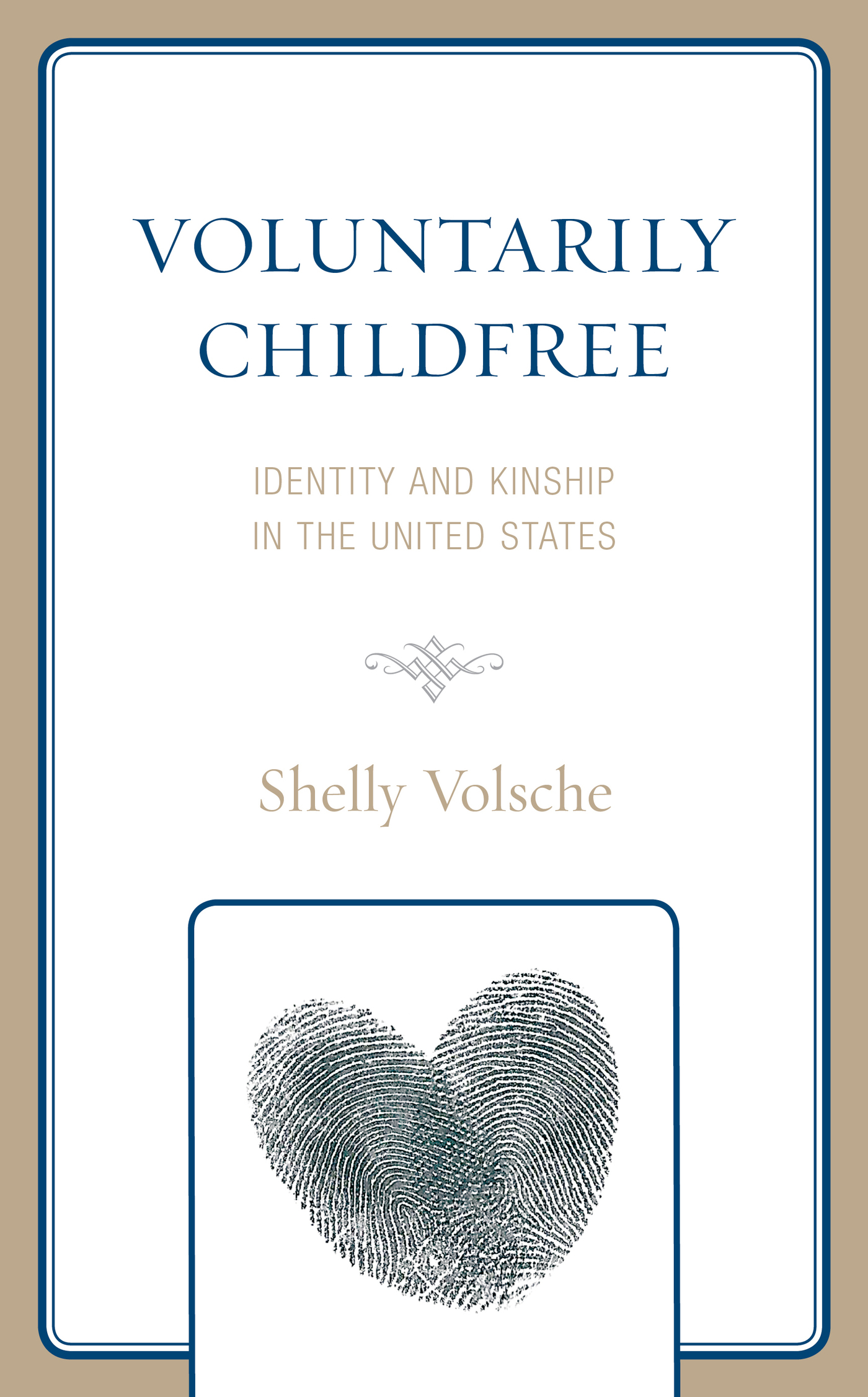Voluntarily Childfree
Anthropology of Kinship and the Family
Series Editors
Murray Leaf (University of Texas at Dallas)
Dwight Read (University of California, Los Angeles)
Mission Statement
Kinship relations create the foundation of human systems of social organization. In order to understand kinship as a system of social relations, it is necessary to examine the structural organization of terms. The Anthropology of Kinship and the Family series is based on the notion that the underlying ideas of kinship can have more immediate importance than the linguistic symbols, as these ideas are evident in all behaviors involved in kin relationships. This series encourages contributors to highlight the social and conceptual power of kinship terminologies. Scholarly monographs and edited collections that focus on old topics associated with kinship, such as family organization and rules of marriage, and new approaches to the study of kinship systems are welcome.
Books in Series
Voluntarily Childfree: Identity and Kinship in the United States, by Shelly Volsche
Political Kinship in Pakistan: Descent, Marriage, and Government Stability, by Stephen M. Lyon
Ethnic and National Identity in Bosnia-Herzegovina: Kinship and Solidarity ina Polyethnic Society, by Keith Doubt and Adnan Tufeki
Voluntarily Childfree
Identity and Kinship in the United States
Shelly Volsche
LEXINGTON BOOKS
Lanham Boulder New York London
Published by Lexington Books
An imprint of The Rowman & Littlefield Publishing Group, Inc.
4501 Forbes Boulevard, Suite 200, Lanham, Maryland 20706
www.rowman.com
6 Tinworth Street, London SE11 5AL
Copyright 2020 by The Rowman & Littlefield Publishing Group, Inc.
All rights reserved. No part of this book may be reproduced in any form or by any electronic or mechanical means, including information storage and retrieval systems, without written permission from the publisher, except by a reviewer who may quote passages in a review.
British Library Cataloguing in Publication Information Available
Library of Congress Cataloging-in-Publication Data
Names: Volsche, Shelly, author.
Title: Voluntarily childfree : identity and kinship in the United States / Shelly Volsche.
Description: Lanham : Lexington Books, [2019] | Series: Anthropology of kinship and the family | Includes bibliographical references and index.
Identifiers: LCCN 2019041639 (print) | LCCN 2019041640 (ebook) | ISBN 9781793602473 (cloth) | ISBN 9781793602480 (epub)
Subjects: LCSH: Childfree choice--United States. | Parenthood--Moral and ethical aspects. | Parenthood--Psychological aspects.
Classification: LCC HQ766.5.U5 V65 2019 (print) | LCC HQ766.5.U5 (ebook)
LC record available at https://lccn.loc.gov/2019041639
LC ebook record available at https://lccn.loc.gov/2019041640
 TM The paper used in this publication meets the minimum requirements of American National Standard for Information Sciences Permanence of Paper for Printed Library Materials, ANSI/NISO Z39.48-1992.
TM The paper used in this publication meets the minimum requirements of American National Standard for Information Sciences Permanence of Paper for Printed Library Materials, ANSI/NISO Z39.48-1992.
To all the people, parents and nonparents alike, who seek to understand and connect with others.
Acknowledgments
My dissertation advisor once said to me, Start by naming the baby. Then you will know what to write. This was his way of telling me that I need to know my point, and the rest of the writing would come. Considering that my dissertation was about the childfree, this was particularly amusing to me. Since then, a handful of female scholars have shared newborn photos on social media that depict the arrival of their dissertation or thesis. Perhaps he was not so far off, after all.
As is the case with raising a child, writing a dissertation that eventually becomes a book is rarely something you can do aloneeven if it can sometimes be lonely work. The book you hold in your hands would not have come to be without the input and support of a variety of people. Like reading a social network analysis or kinship chart, I find the acknowledgments to be a crucial component of any book I read. They are the pages that help me understand who the projects alloparents werethose who supported the authors efforts. To that end, let me thank this books alloparents.
To start, I want to thank my dissertation advisor, William Jankowiak, for his willingness to challenge me to view the world a bit differently. Cultural anthropologists tend to turn the world upside down to see what falls off, then write about it. It was through Bills guidance that I learned to read and consider the mess between what we, as humans, say and what we do. It was through this lens that I began to understand the importance of nuance.
I also want to thank Peter Gray, a dissertation committee member and my masters thesis advisor. My work with Peter on how humans apply parenting strategies to pets helped me tap into the larger network of childfree individuals. It was through my thesis work that I discovered how many women (and men) were parenting their dogs. This work on parenting pets continues to be a key component of much of my researchand likely a future book to come.
Jiemin Baos guidance on the multiple facets of identity were crucial to appreciating the stories I read online, as well as understanding the informants to whom I spoke directly. Without reading Eriksen and Baumann, I would not have had the same structure on which to frame my understanding of the pushes and pulls between the dominant voice of a pronatal society and the demotic argument of the autonomous childfree. I once heard a speaker state that culture is political and our discussions taught me just how true that is.
Others I would like to acknowledge include Amy Blackstone, Deborah Manheim, Sharon Young, and Nicole Stella. These women exhibit the fierceness of being childfree in their own ways, and I valued our many conversations on this topic. I also want to thank the many, many childfree women, men, and nonbinary individuals who participated in interviews, spoke with me in online spaces, and reached out with media they thought might help my work. I want to protect your identity, so I will not share your real names, but every one of you helped write this book.
Thank you to Kasey Beduhn, Alison Keefner, Zach Nycum, and the rest of the team at Lexington Books for helping me bring this monograph to reality. Especially to Kasey who reached out to a new face in anthropology with your inquiry about my AAA conference talk. It is well known that the Sunday conference slots are reserved for the less popular, or fringe, topics in a field, and I appreciate that you saw value in my research despite its time slot.
To my sister, Natalie Mergen, who chose to be a not mom for her own reasons, and our mom, Doris Schneider, who never pushed us to be moms. Thank you for accepting that grandpuppies were all you were going to get from me. The more people with whom I speak, the rarer and more special I realize your support truly is.
To Calvin, my baby boy, I miss you every day, but you started me on this path. Im so glad you stayed with me through the thick of it. I will continue to find you in my work and in my heart. And Lucy, my little pug girllets spend some time enjoying your remaining years with lots of walks, cuddles, and snackies. Its your turn to be a spoiled, only child.
Finally, and, always, most importantly, thank you to my husband Jeremy for not expecting me to do my duty as a wife, instead inspiring me to be a dragon and make my own path. I fly because you provide lift when I think the winds have stopped. We have traveled many miles together, and I hope for many more to comealways with dogs in tow. Heres to more days of laughter, love, and wandering the wastelands together.

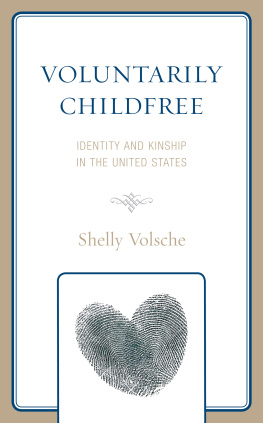

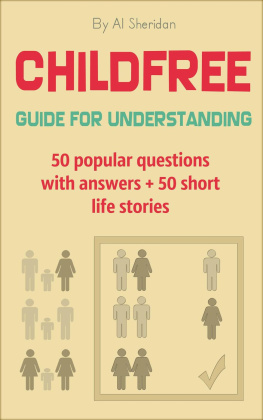
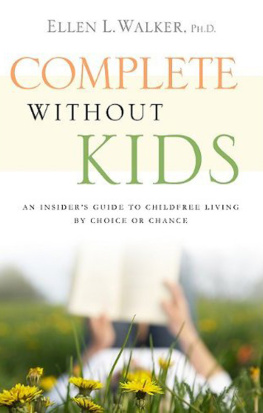
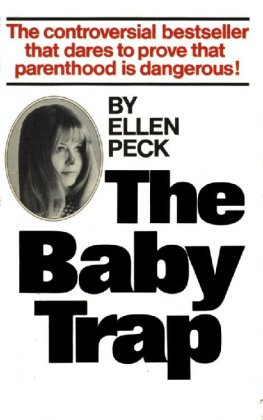
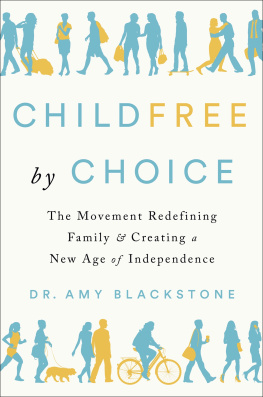
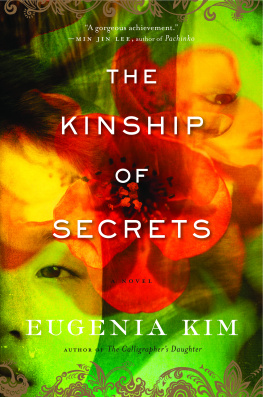
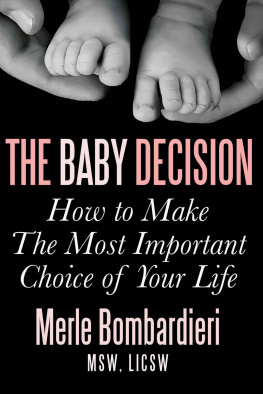
 TM The paper used in this publication meets the minimum requirements of American National Standard for Information Sciences Permanence of Paper for Printed Library Materials, ANSI/NISO Z39.48-1992.
TM The paper used in this publication meets the minimum requirements of American National Standard for Information Sciences Permanence of Paper for Printed Library Materials, ANSI/NISO Z39.48-1992.